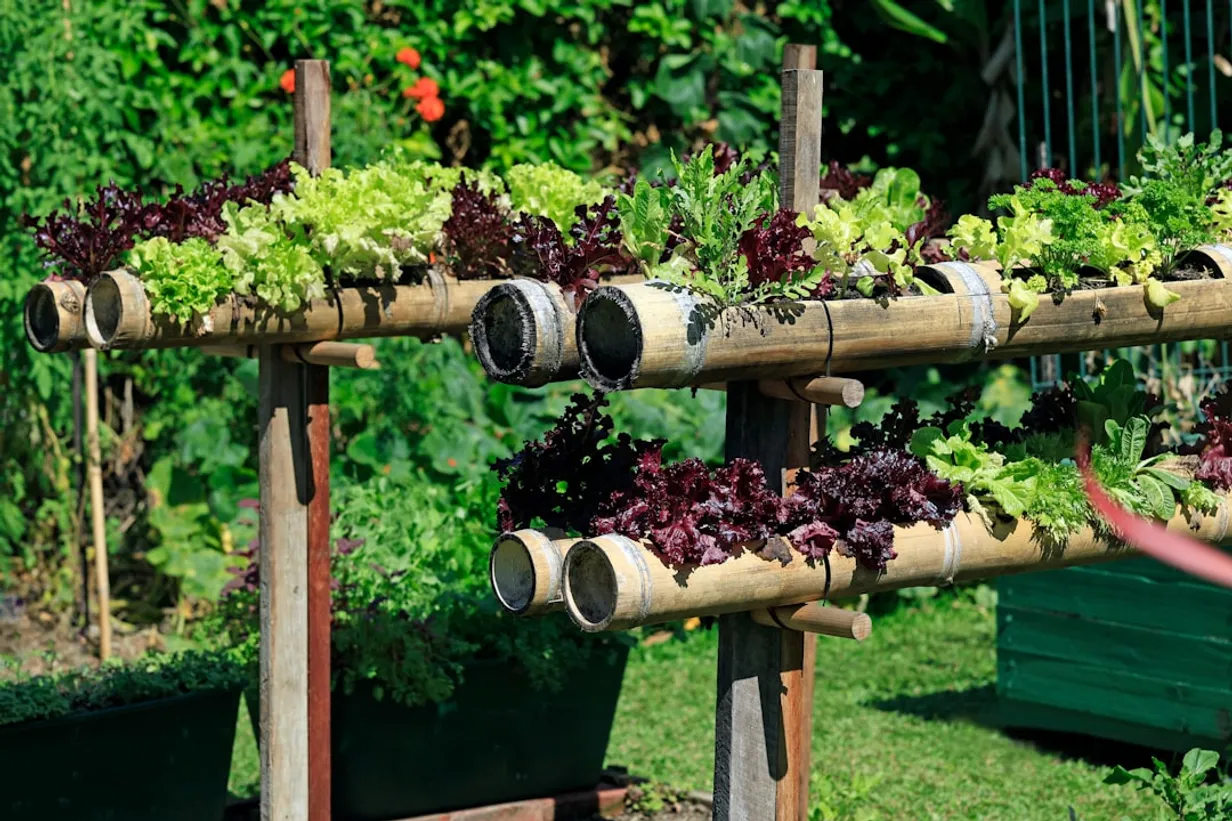Vertical gardens are a fantastic way to bring greenery into spaces where traditional gardening may not be feasible. Whether you're in an urban apartment with limited space or simply want to add a touch of nature to your home, a DIY vertical garden is an excellent solution.
Why Choose a Vertical Garden?
Vertical gardens are not only space-saving but also versatile. They can be installed indoors or outdoors, providing an attractive way to grow flowers, herbs, or even vegetables. Additionally, vertical gardens can help improve air quality, reduce noise levels, and create a serene environment.
Materials You'll Need
- Vertical garden frame or trellis
- Planting pots or pockets
- Potting soil
- Plants of your choice (herbs, succulents, flowers, etc.)
- Watering system (drip irrigation or manual watering)
- Hanging hardware (hooks, brackets, etc.)
- Tools (drill, screws, level)
Step-by-Step Instructions
Step 1: Choose the Perfect Location
Decide where you want to install your vertical garden. Consider factors like sunlight exposure, accessibility for watering and maintenance, and aesthetic appeal. Vertical gardens can be mounted on walls, fences, or free-standing structures.
Step 2: Select Your Frame
Purchase or build a vertical garden frame. Options include wooden trellises, metal grids, or pre-made vertical garden kits. The frame will serve as the backbone of your garden, supporting the plants and containers.
Step 3: Prepare the Planting Containers
Choose pots or planting pockets that fit your frame. Ensure they have adequate drainage holes. Fill each container with potting soil, leaving enough space for your plants.
Step 4: Plant Selection and Arrangement
Select plants that thrive in the available light and environmental conditions of your chosen location. Arrange them on your frame, considering their growth patterns and spacing needs. Mix different plant types to create a visually appealing and functional garden.
Step 5: Install the Frame and Containers
Attach the frame to your chosen surface using appropriate hardware. Ensure it is level and securely fastened. Next, install the planting containers onto the frame, spacing them evenly.
Step 6: Set Up the Watering System
Depending on your preference, set up a drip irrigation system or plan for manual watering. Vertical gardens may require more frequent watering, so ensure all plants receive adequate moisture.
Maintenance Tips
- Regularly check soil moisture and water accordingly.
- Prune plants to promote healthy growth and manage their size.
- Monitor for pests and treat any infestations promptly.
- Fertilize occasionally to ensure nutrient-rich soil.
With these steps, you can create a beautiful and functional vertical garden that enhances your living space and brings you closer to nature. Happy gardening!
Popular Interior and Exterior Design Ideas
Check out our readers' favorite design ideas for both interior and exterior spaces. Explore top articles on transforming your home.

Design Brilliance with Full-Length Mirrors

Nature-Inspired Trends: Artificial Bamboo Trees in Décor

The Modern Elegance of Art Deco in Today's Interiors

